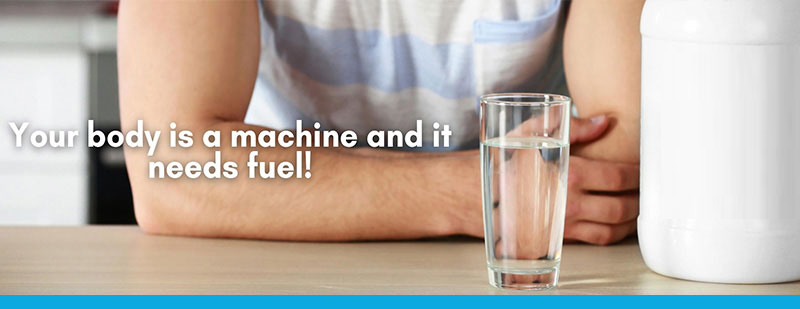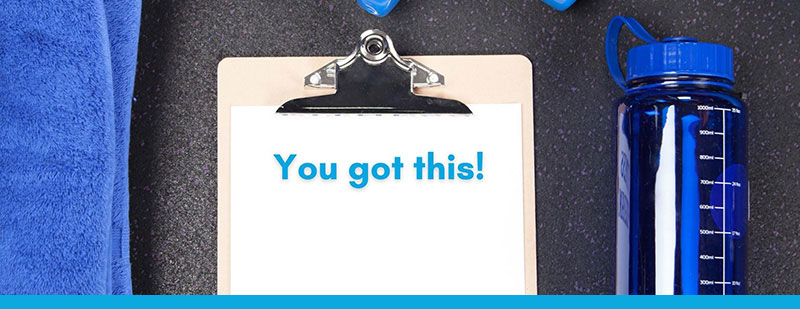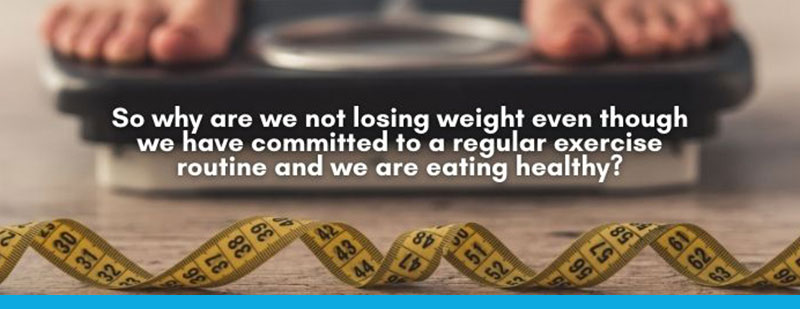Calories: Your Body’s Energy Currency
Calories - you see them on food labels, hear about them in health conversations, and might even track them. But what exactly are they, and why do they matter? Understanding calories isn’t about strict diets or counting every bite; it’s about knowing how your body gets energy and how to make better food choices without stressing.
What Are Calories?
Think of calories as your body’s fuel - just like gas powers a car. A calorie is a unit of energy that comes from food and drinks. More scientifically, it’s the amount of energy needed to raise the temperature of one gram of water by one degree Celsius. But how do they work in your daily life?
When you eat, your body burns calories to power everything you do, from blinking to running a marathon. The key is to find a balance between the calories you take in and the energy your body uses.
Where Do Calories Come From?
Not all calories are created equal. Your body gets energy from 3 main macronutrients:
- Carbohydrates – 4 kcal per gram (Bread, rice, fruits, and veggies)
- Proteins – 4 kcal per gram (Meat, beans, eggs, and dairy)
- Fats – 9 kcal per gram (Nuts, oils, avocados, and butter)
While calorie counting can be helpful, focusing on quality over quantity is key. Whole, nutrient-rich foods keep you full longer and provide essential vitamins, whereas processed, sugary foods often lead to energy crashes.
How Many Calories Do You Really Need?
Your caloric needs depend on factors like age, weight, metabolism, and activity level. Here’s a general idea:
- Women: Around 2,000 kcal per day
- Men: Around 2,500 kcal per day
But it’s not one-size-fits-all. Someone with a more active lifestyle or a faster metabolism may need more, while a sedentary person may need less. The best approach is to listen to your body. Eat when you’re hungry, stop when you’re full, and choose foods that nourish you.
Eating for Your Goals
Calories play a role in weight management, but it’s not just about cutting back - its about balance.
- Maintain Weight: Eat roughly the same number of calories as you burn.
- Lose Weight: Create a caloric deficit, meaning you consume fewer calories than you use.
- Gain Weight: Go for a caloric surplus, consuming more than you burn, ideally with nutrient-dense foods.
Smarter Calorie Choices: Quality Over Quantity
Instead of obsessing over numbers, focus on eating better, not less. Here’s how:
- Choose Whole Foods: Fresh fruits, veggies, whole grains, and lean proteins keep you full longer and provide essential nutrients.
- Watch Portions: Even healthy foods can add up if you overeat.
- Limit Empty Calories: Sugary drinks, fast food, and processed snacks often lack nutrients and leave you hungry soon after.
- Stay Hydrated: Sometimes, what feels like hunger may actually be thirst. Drinking enough water helps regulate appetite and digestion.
Calories are not the enemy; they are your body’s energy source. The goal isn’t to obsess over every bite but to make informed, balanced choices that fuel your body and keep you feeling great.
Need help figuring out the right nutrition plan for you? Body20 offers a Nutrition Doctor service to guide you in making smarter eating choices based on your personal health goals. Get expert advice tailored to your lifestyle.
Book your FREE demo and start feeling your best today!









